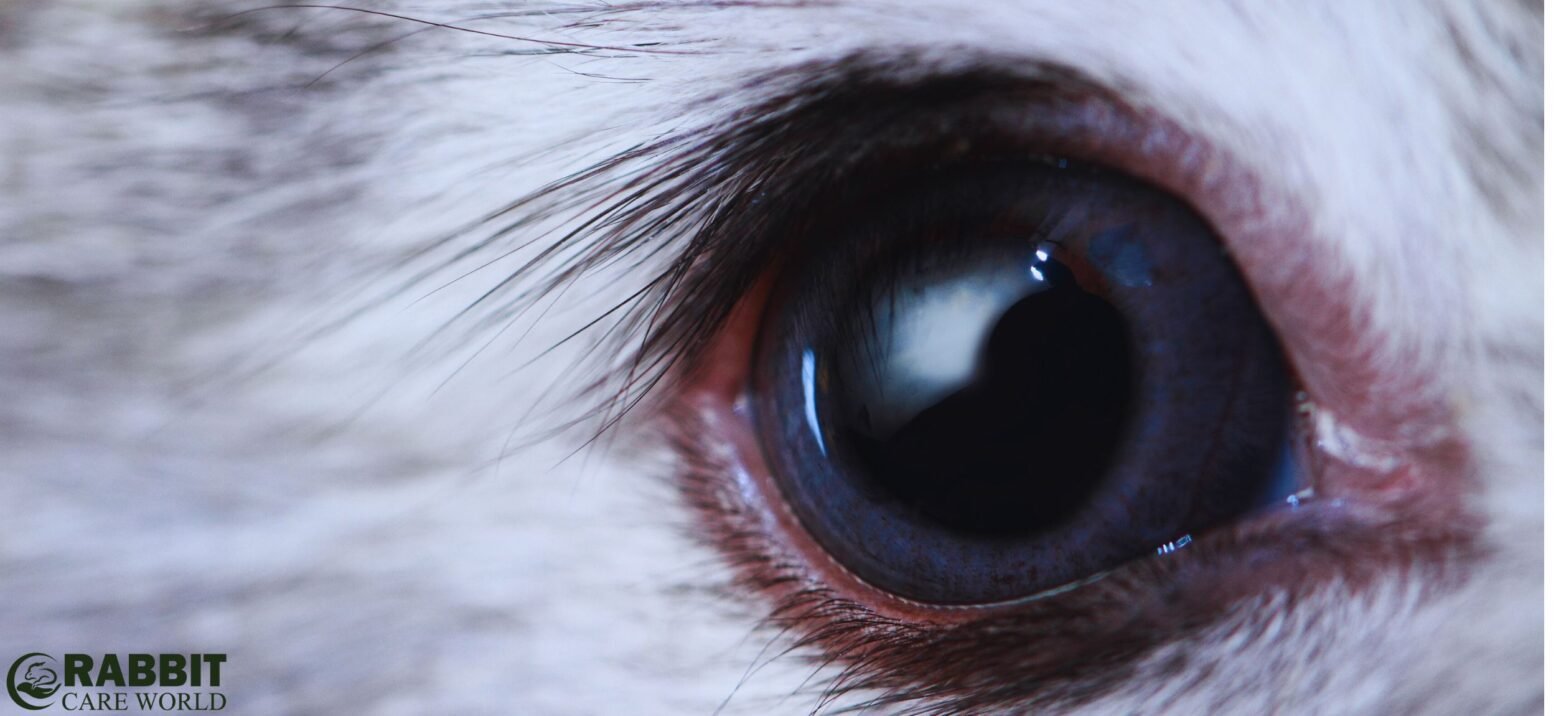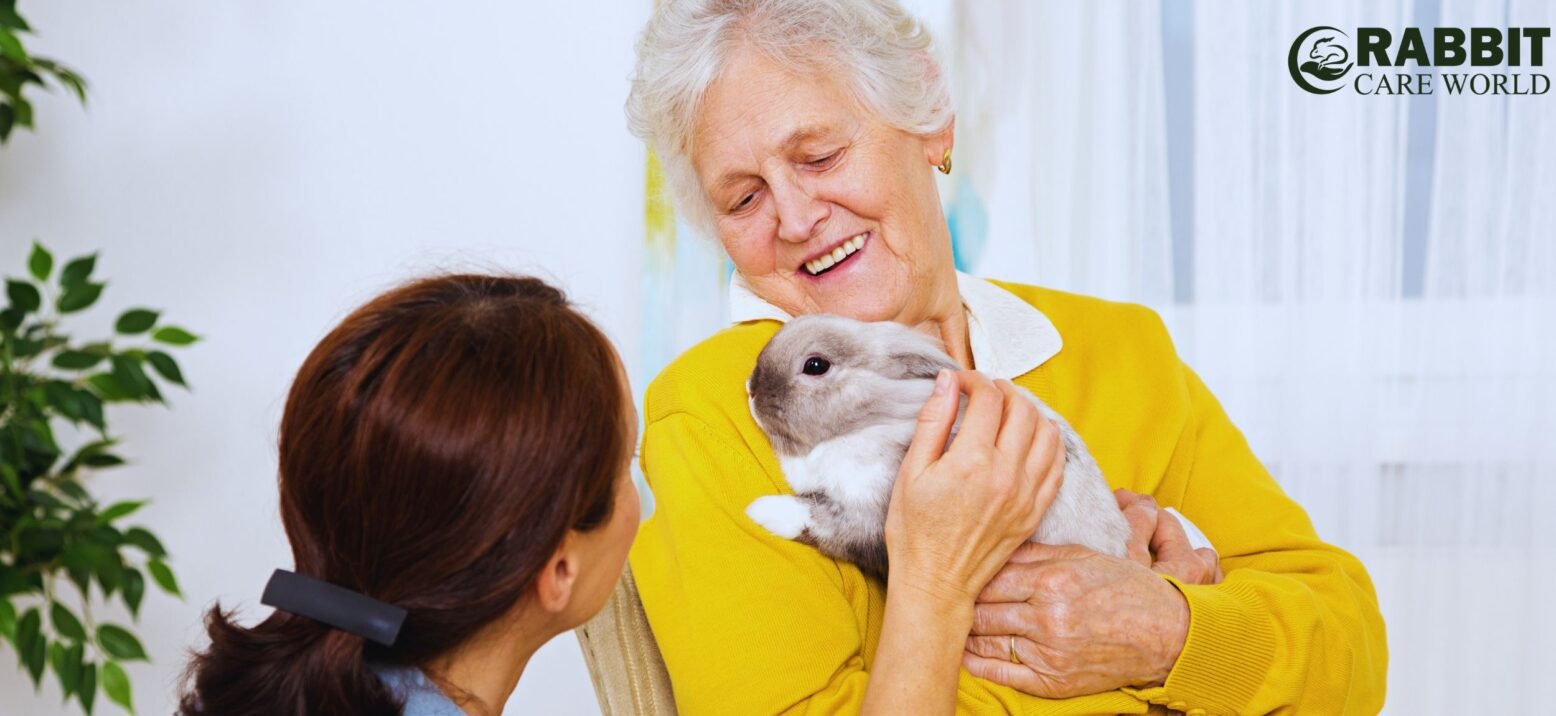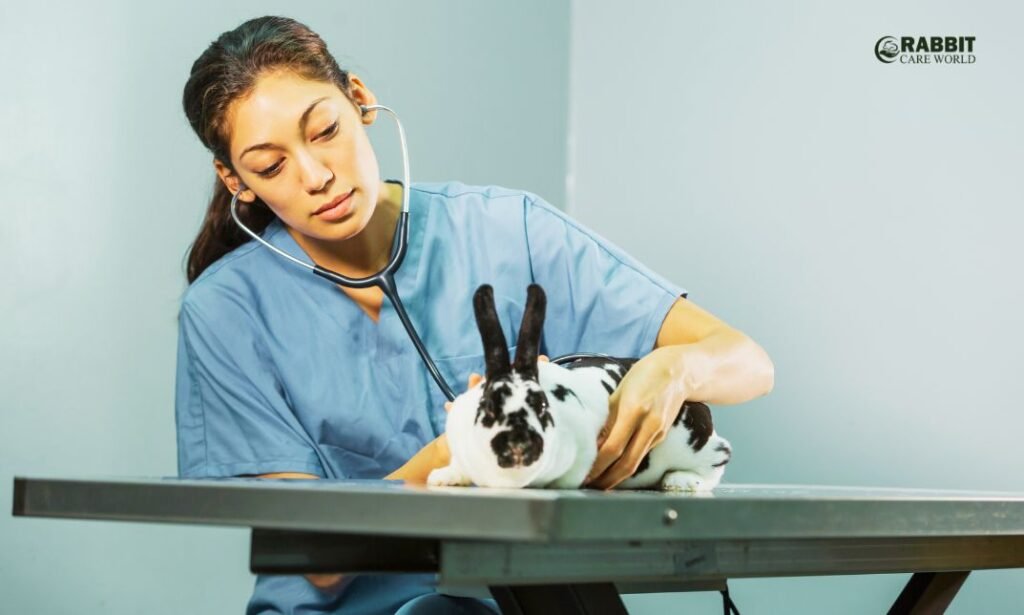Curious about the term “Rabbit Eye”? You’re not alone.
This intriguing phrase can mean different things depending on the context. In the world of blueberries, ” Rabbit Eye” refers to a specific type of berry known for its hardiness and unique growing traits. Originating in the Southeastern United States, these berries thrive in warmer climates and are a favorite among growers.
But why are they called Rabbit Eyes? This term comes from the early stages of the berry’s development, when the tiny fruits resemble the eye of a rabbit. Exploring the world of Rabbit Eye blueberries offers insights into unique gardening practices, delicious recipes, and more. So, whether you’re a gardening enthusiast or simply curious, there’s something fascinating to discover.
Table of Contents
ToggleCommon Eye Issues In Rabbits

Rabbits are prone to various eye issues. These problems can cause discomfort and affect their health. Understanding the common eye issues in rabbits helps in early detection and treatment.
Signs And Symptoms
Rabbits often show clear signs when they have eye issues. Here are some common symptoms to watch for:
- Red or swollen eyes
- Excessive tearing or discharge
- Cloudiness or changes in eye color
- Frequent squinting or closing of the eyes
- Rubbing or scratching at the eyes
Causes And Risk Factors
Many factors can lead to eye problems in rabbits. Some of the main causes include:
| Cause | Description |
| Infections | Bacterial, viral, or fungal infections can affect the eyes. |
| Injuries | Scratches or trauma can lead to eye issues. |
| Foreign Objects | Dust, hay, or other particles can irritate the eyes. |
| Genetic Factors | Some breeds are more prone to eye problems. |
| Dental Issues | Overgrown teeth can press on the eye sockets. |
Understanding these causes helps in preventing eye issues. Regular check-ups and maintaining a clean environment are key.
Preventative Eye Care
Preventative eye care is essential for maintaining your rabbit’s vision and overall health. By focusing on a few key areas, you can help ensure your rabbit’s eyes stay in great shape. Let’s dive into some important practices for keeping your rabbit’s eyes healthy.
Regular Check-ups For Rabbit Eye
Regular veterinary check-ups are crucial in monitoring your rabbit’s eye health. These visits help detect any early signs of eye problems that could lead to severe issues if left untreated. Vets can identify conditions like:
- Conjunctivitis
- Cataracts
- Glaucoma
Scheduling these check-ups at least once a year ensures timely intervention. If your rabbit shows signs of eye discomfort, such as excessive tearing or redness, consult your vet immediately.
Proper Nutrition
Providing your rabbit with a balanced diet is key to maintaining eye health. Ensure their diet includes:
| Food | Benefits |
| Leafy Greens | Rich in vitamins A and C |
| Hay | Promotes digestive health |
| Fresh Water | Keeps eyes hydrated |
Vitamin A is particularly important for eye health. Carrots, leafy greens, and bell peppers are great sources. Avoid foods high in sugar and fat, as they can lead to obesity and related health issues.
By focusing on regular check-ups and proper nutrition, you can help prevent many common eye problems in rabbits. Simple steps, big benefits.
Home Care For Rabbit Eyes

Taking care of your rabbit’s eyes at home is essential. Healthy eyes ensure your rabbit stays happy. This guide covers cleaning techniques and creating a safe environment.
Cleaning Techniques
Rabbits have delicate eyes. Cleaning them gently is crucial. Use a soft, damp cloth. Wipe around the eye area carefully. Avoid direct contact with the eye. Use warm water, not hot.
If there is discharge, use a saline solution. Make it at home by mixing 1 cup of warm water with 1 teaspoon of salt. Soak a cotton ball in the solution. Gently clean the eye area. Repeat if needed.
Check for redness, swelling, or unusual discharge. These signs may need a vet’s attention. Regular cleaning can prevent infections.
Safe Environment
Create a safe space for your rabbit. Remove any sharp objects. These can cause eye injuries. Ensure their living area is clean. Dust and dirt can irritate eyes.
Use bedding that does not produce dust. Hay and straw are good options. Keep the rabbit’s area well-ventilated. Fresh air helps maintain eye health.
Monitor your rabbit’s behavior. Rubbing eyes often can indicate discomfort. Offer toys that are safe and soft. Avoid those with small parts.
An eye-friendly environment keeps your rabbit healthy. Regular checks and cleanings are key.
When To Seek Veterinary Help
Rabbits are delicate creatures with sensitive eyes. Sometimes, eye issues need professional care. Knowing when to seek veterinary help can save your rabbit’s vision and health.
Emergency Symptoms
Some eye symptoms need urgent attention. If your rabbit shows signs of severe discomfort, act fast. Red, swollen, or cloudy eyes are warning signs. Excessive tearing or discharge is also concerning. If your rabbit keeps one eye closed or rubs it a lot, seek help. These symptoms may indicate a serious condition.
Choosing The Right Vet
Not all vets specialize in rabbits. Find a vet experienced with small animals. Check online reviews and ask for recommendations. Visit the clinic beforehand to see if it is rabbit-friendly. A good vet can make a huge difference in your rabbit’s care.
Frequently Asked Questions About Rabbit Eye
What Are Rabbit Eyes?
Rabbit eyes are the eyes of a rabbit. They are large and placed on the sides.
Why Do Rabbits Have Big Eyes?
Rabbits have big eyes to see predators better. Their eyes help them stay safe.
How Do Rabbits See At Night?
Rabbits have good night vision. They can see well in low light conditions.
What Colors Can Rabbits See?
Rabbits see some colors. They can see green and blue, but not red.
Conclusion
Understanding rabbit eye health is crucial for pet owners. Regular check-ups ensure your rabbit’s eyes stay healthy. Watch for redness, discharge, or swelling. These can signal problems needing a vet’s care. Simple steps like clean living spaces help too. Healthy eyes mean a happier rabbit.
Stay attentive, act promptly, and your rabbit will thank you. Keep these tips in mind for a healthier, happier pet.



